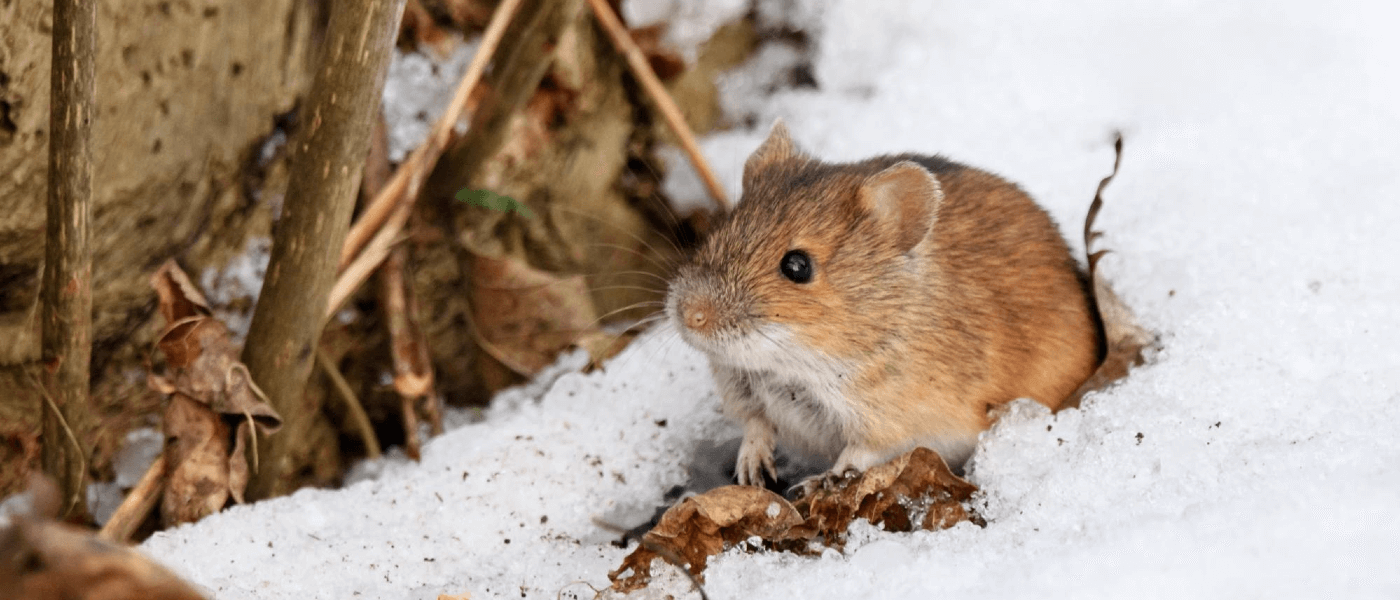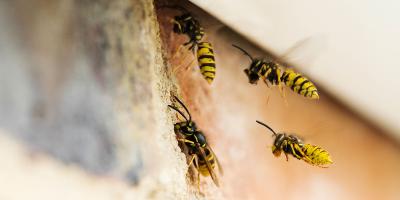How Different Pests Survive the Winter

Winter is coming; whether you’re a person, a pet or a pest – all three have their own strategies for surviving this typically harsh season. Most people retreat to heated houses, where our beloved pets join us to hunker down and wait for warmer days. But pests? They’ve had to develop far more complicated coping skills.
Different pest species have determined unique ways of getting through the cold New England winter, and knowledge about each species’ habits can actually help you take steps to keep those pests away when the temperatures do start to drop.
Here’s how five of New England’s “least wanted” pests make it through until spring, and how you can leverage their overwintering methods to reduce pest problems in and around your home:
Ticks: Contrary to popular belief, cold weather doesn’t kill off ticks, it just slows them down. When the temperature gets chilly enough, ticks enter into a state called diapause, which is a form of hibernation. That allows them to reserve energy until food sources become plentiful again in the spring. But be forewarned – when the weather warms up, even just for a day or two, deer ticks (the ones that carry Lyme disease) wake up from their deep sleep and look for more food. That means you should always employ basic tick prevention measures, like staying out of tall weeds and grass and checking for ticks every time you come in from the outdoors, no matter the season.
Mosquitoes: While adult mosquitoes die off in the winter, they leave egg sacks that linger until they hatch in the spring. Removing as many water sources as possible in the fall and spring will potentially rid your property of these eggs as well, which will help control the mosquito population come spring and summertime.
Mice: As mammals, mice enjoy a warm fire as much as you do, so their technique for surviving winter is to weasel their way into your house. To prevent this, you’ll want to seal any and all points of entry into your home and continue to monitor the exterior of your house for cracks, gaps and holes.
Bats: While some species hibernate in caves, many others wind up in attics across New England. As the weather begins to chill, inspect your attic for signs of bats – mounds of feces (called guano) and an ammonia smell from their urine are the most common. If you do have bats, you’ll need to have a professional remove and safely remove them, as bats do prove beneficial to the environment and many species are endangered.
Wasps: Most wasps die when it gets cold, but the queens overwinter inside people’s homes, usually unnoticed. Wasps, however, are relatively easy to deal with: you basically do nothing. The queen won’t bother anyone while she sleeps off the winter, and when springtime comes she’ll likely leave just as quietly as she entered, with your family none the wiser.
No matter what pests are bugging you, the best offense is always a good defense, and the best way to build a great game plan is with a pest control professional who has the tools and know-how to keep your home pest-free all year long.
Not sure where to start? The Home Protection Plan covers all the bases to make sure that you’re covered against the 50 most common household pests year round. Chat with a representative about it today.



